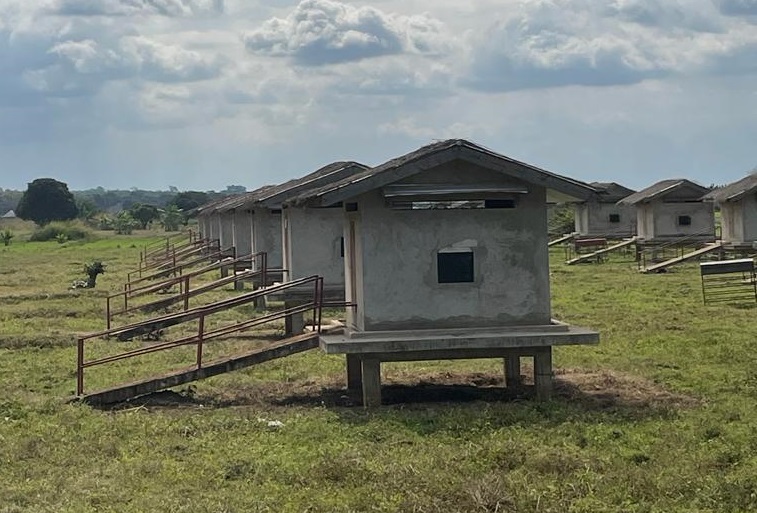
Principal Investigator: Dr. Sarah Moore
Project leader/ Coordinator: Dr. Jason Moore
Project Administrator: Ritha Kidyala
Funding Partner: Innovative Vector Control Consortium (IVCC)
Start date: July 20, 2023
End date: June 30, 2026

Laboratory (Phase I) and experimental hut (Phase II) trials services to IVCC and its Industrial Partners
Ifakara Health Institute is among many institutions that work with the Innovative Vector Control Consortium (IVCC), a Product Development Partnership (PDP) working in vector control that is designed to facilitate the development and delivery of new and improved vector control tools to prevent malaria and other neglected tropical diseases.
In Tanzania, Ifakara oversees the overall conduct of experiments in the country, testing new vector control products at the Institute’s trials facility, headquartered in Bagamoyo, Tanzania.
The trials facility is internationally recognized for its expertise in testing new vector control products for industry, product development partnerships, and generating data for regulatory submissions, including WHO Prequalification evaluations.
For the next three (2023-2026) years, Ifakara will continue with the IVCC tender for product evaluation. Ifakara will conduct Laboratory (Phase I) and experimental hut (Phase II) trials services to IVCC and industrial partners inclduing the following deliverables each year:
- Four bottle bioassays: (Bottle bioassays are used to determine if particular active ingredients are able to kill an insect vector, such as a mosquito, at a specific location at a given time. It can detect resistance to insecticides in mosquitoes and other insects. The technique is simple, rapid, and economical, compared with alternatives. The results can help guide the choice of insecticide used for spraying).
- Four Insecticide Treated Nets (ITN) studies
- Four Hut studies
These studies will benefit Ifakara in many ways such as:
- Provide access to interesting products and questions from IVCC to raise research profile and research impact
- Produce core funding to provide stability for 3 years
- Opportunities to link with other IVCC partners
- Provide multiple additional funding opportunities
- Opportunities for multiple Tanzania lead publications
All studies will be led by Sarah Moore, who leads the Ifakara test facility within the department of Environmental Health and Ecological Science.
